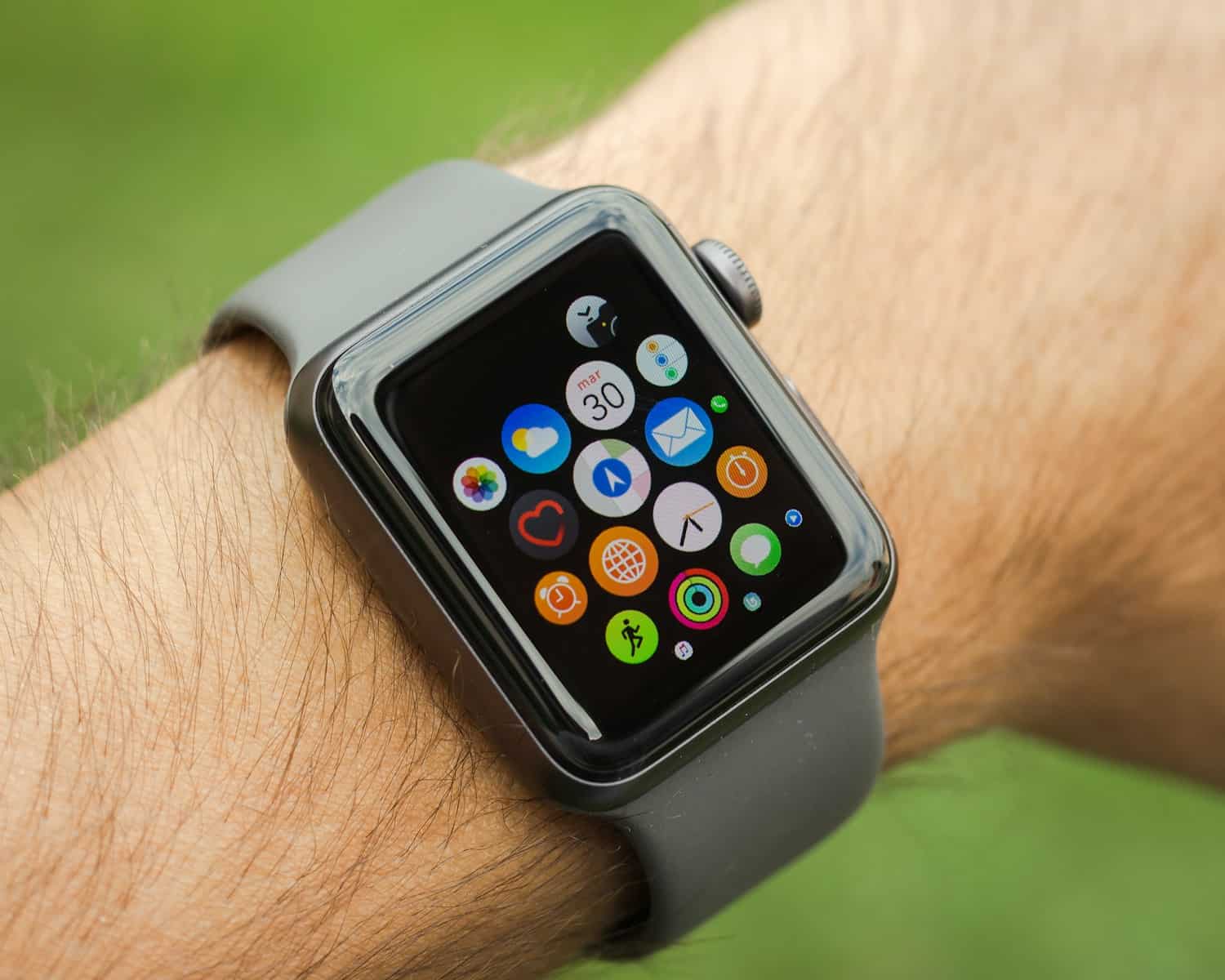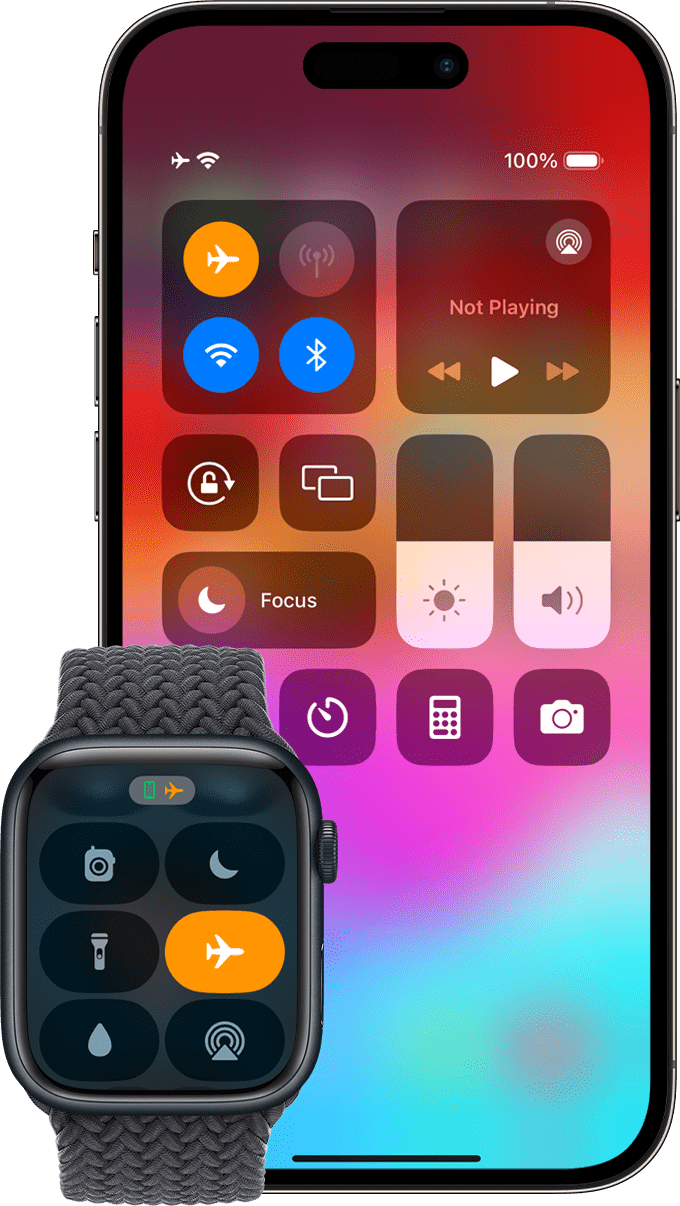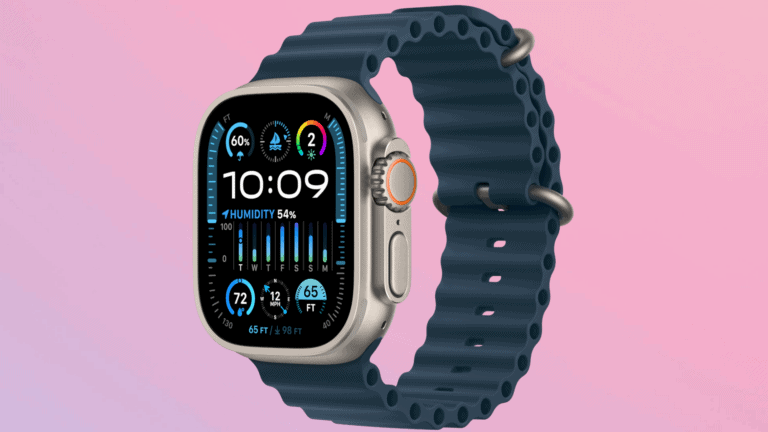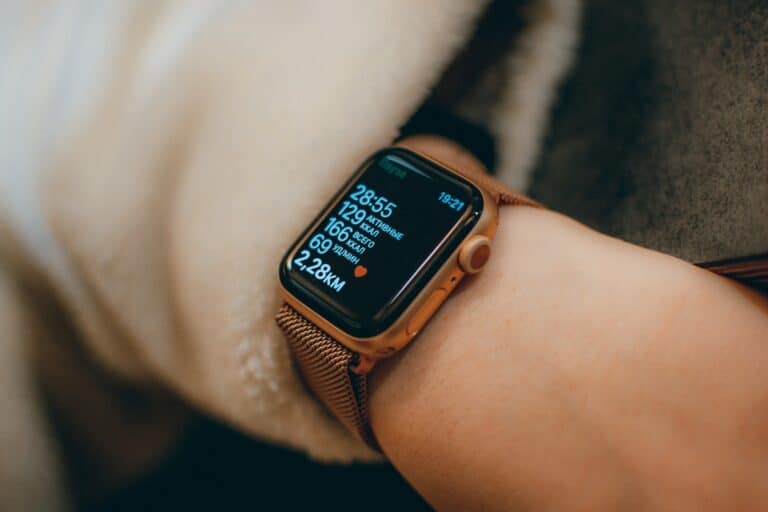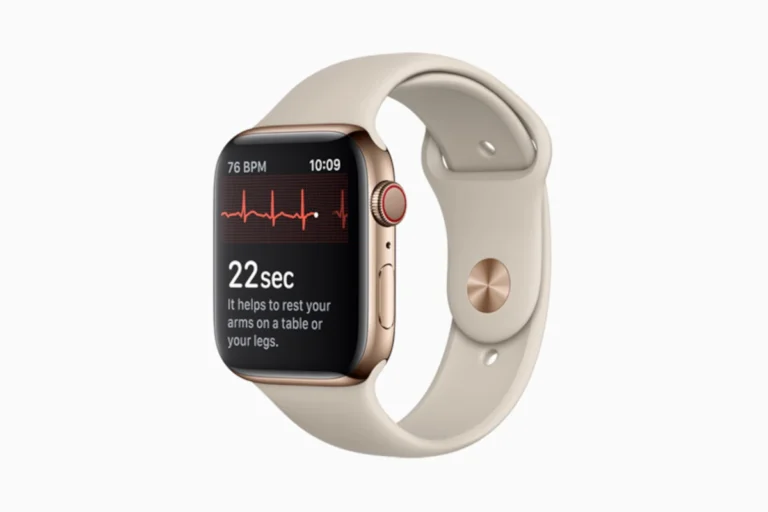Apple has released many different Apple Watch models since the first one came out in 2015. The company has made 10 main series plus SE and Ultra versions, each with new features and improvements. Understanding all these different models helps buyers pick the right watch for their needs.
The Apple Watch lineup includes everything from basic fitness tracking to advanced health monitoring. Each new generation brought faster chips, better displays, and new capabilities. Some models focused on affordability while others added premium features.
This guide covers every Apple Watch model from 2015 to now in order. It explains what made each generation different and answers common questions about Apple’s smartwatch history.
Apple Watch Lineup: What’s New and How They Compare
Apple continues to dominate the smartwatch market with its latest releases announced in September 2024. The headline product is the Apple Watch Series 10, which brings meaningful upgrades in display technology, design, and performance. Alongside it, the Apple Watch SE (2nd generation) and the Apple Watch Ultra (2nd generation) remain strong contenders, each targeting different user needs and price points.
Apple Watch Series 10: The Flagship Reimagined
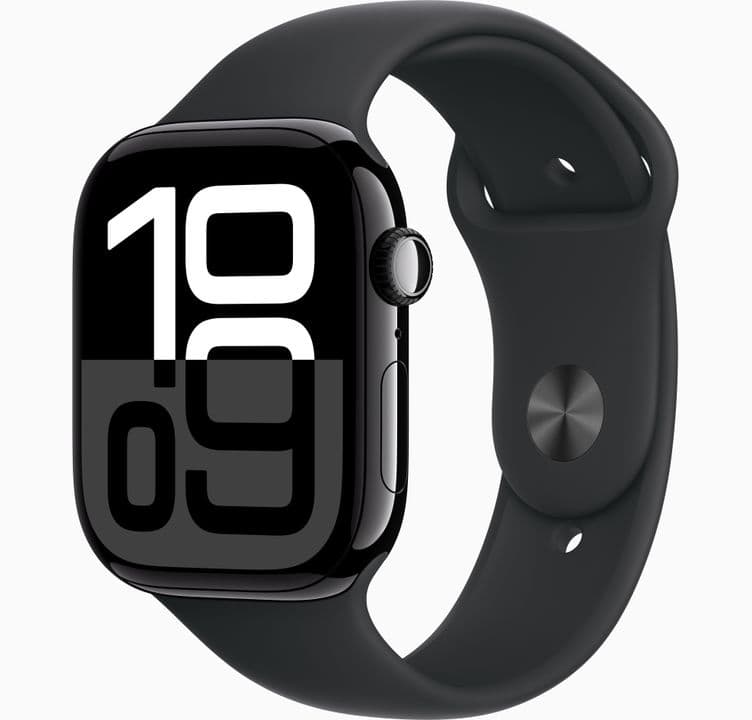
Released on September 20, 2024, the Apple Watch Series 10 marks a significant evolution in Apple’s flagship smartwatch line. It introduces a larger, brighter wide-angle OLED display that enhances visibility in outdoor conditions, making it easier to read notifications and workout metrics at a glance. The device is about 10% thinner than its predecessor, offering a sleeker profile without compromising battery life or durability.
Powered by a new, more efficient chip (likely the S11 SiP), the Series 10 delivers faster app launches and smoother animations, while also improving health sensor accuracy. The watch comes in 42mm and 46mm sizes, available in both aluminum and titanium finishes, with a refreshed palette of colors and band options to suit a variety of styles.
Apple Watch SE (2nd Generation): Affordable and Capable
![List of All the Apple Watch Generations 3 Apple Watch SE (2nd Gen) [GPS 40mm] Smartwatch with Starlight Aluminum Case with Starlight Sport Band S/M. Fitness & Sleep Tracker, Crash Detection, ...](https://gadgetmates.com/wp-content/uploads/2025/07/61umEhyV-UL._UF8941000_QL80.jpg)
The Apple Watch SE remains Apple’s budget-friendly option, designed to provide core smartwatch features at a lower price point. The 2nd generation SE, released earlier in 2022 and still current in 2024, offers many essentials such as heart rate monitoring, fall detection, and a large Retina display, but lacks some of the advanced sensors found in the Series 10.
It is ideal for users who want a solid smartwatch experience without the premium price tag, and it pairs seamlessly with the latest watchOS updates, ensuring longevity and continued software support.
Apple Watch Ultra (2nd Generation): Rugged and Ready for Adventure
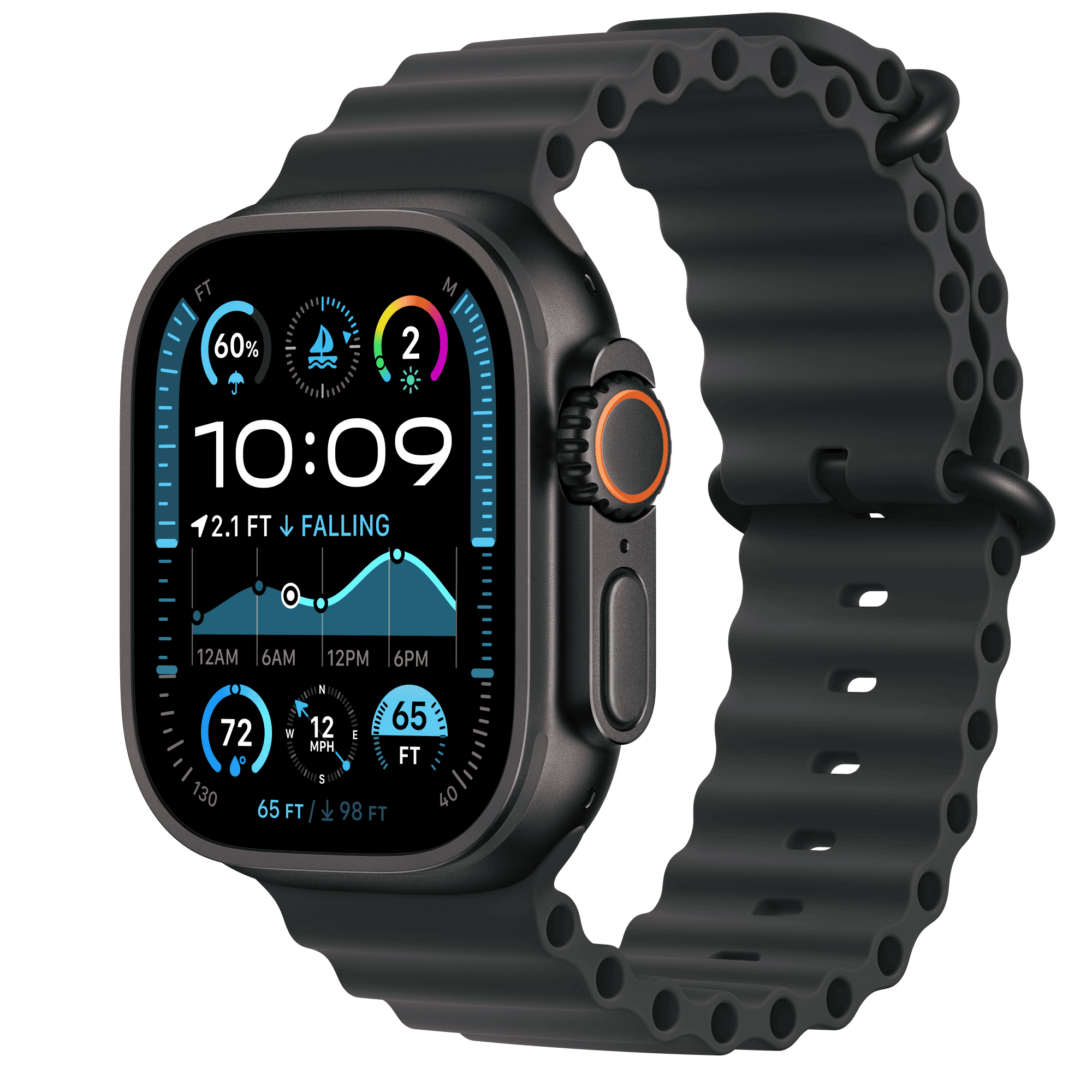
For athletes, outdoor enthusiasts, and professionals who demand extreme durability and specialized features, the Apple Watch Ultra (2nd generation) remains the ultimate choice. Released in late 2023, the Ultra features a 49mm titanium case, an even brighter display optimized for harsh lighting environments, and enhanced GPS accuracy.
It also includes advanced health sensors, longer battery life (up to 36 hours in normal use and 72 hours in low-power mode), and exclusive software features tailored for diving, hiking, and endurance sports. The Ultra is designed to withstand extreme conditions, including water resistance up to 100 meters and MIL-STD 810H certification for ruggedness.
How Do These Models Compare?
| Feature | Apple Watch Series 10 | Apple Watch SE (2nd Gen) | Apple Watch Ultra (2nd Gen) |
|---|---|---|---|
| Release Date | September 2024 | September 2022 | September 2023 |
| Case Sizes | 42mm, 46mm | 40mm, 44mm | 49mm |
| Materials | Aluminum, Titanium | Aluminum | Titanium |
| Display | Wide-angle OLED, brighter, larger | Retina LTPO OLED | Ultra-bright OLED, optimized for outdoors |
| Thickness | ~10% thinner than Series 9 | Similar to previous SE | Thicker, ruggedized |
| Processor | New S11 SiP | S8 SiP | S9 SiP |
| Battery Life | Up to 18 hours | Up to 18 hours | Up to 36 hours (normal), 72 hours (low power) |
| Water Resistance | 50 meters | 50 meters | 100 meters |
| Health Sensors | ECG, Blood Oxygen, Heart Rate, Temperature | Heart Rate, Fall Detection | ECG, Blood Oxygen, Temperature, Depth Gauge, Advanced GPS |
| Special Features | Enhanced display, slimmer design | Budget-friendly, core features | Rugged design, dive computer, dual-frequency GPS |
| Starting Price (USD) | $399+ | $249+ | $799+ |
Why the Apple Watch Series 10 Matters
The Series 10’s improvements in display technology and design reflect Apple’s commitment to refining user experience. The wider viewing angles and brighter screen are particularly beneficial for outdoor fitness enthusiasts and users who rely heavily on glanceable information. The slimmer form factor also makes the watch more comfortable for all-day wear, a key factor in wearable adoption.
Moreover, the new chip hints at future-proofing with better performance and potentially enhanced AI-driven health analytics, a growing focus in Apple’s wearable strategy. While the Ultra remains the go-to for extreme sports and the SE for budget-conscious consumers, the Series 10 strikes a balance of innovation, style, and functionality for most users.
Looking Ahead
With the introduction of the Series 10, Apple has solidified its smartwatch lineup for 2024, offering options that cater to a broad spectrum of needs — from casual users to hardcore athletes. As watchOS continues to evolve, these devices will only get more capable, integrating deeper health insights, smarter notifications, and enhanced connectivity.
If you’re considering upgrading or buying your first Apple Watch, understanding these distinctions will help you choose the model that best fits your lifestyle and budget.
What to Expect Later in 2025: Apple Watch Series 11 and Ultra 3
Looking ahead to the remainder of 2025, Apple is widely expected to continue its annual refresh cycle with the release of the Apple Watch Series 11 and Apple Watch Ultra 3, likely debuting alongside the iPhone 17 in September 2025.
The Series 11 is rumored to bring further advancements in display technology, potentially adopting a MicroLED screen for improved brightness, energy efficiency, and durability. This could result in even slimmer designs and longer battery life compared to the Series 10. Additionally, there are strong indications Apple will integrate more AI-powered health features, enhancing real-time health monitoring and personalized fitness insights.
Meanwhile, the Apple Watch Ultra 3 is expected to maintain the rugged 49mm titanium design but with internal upgrades such as a faster processor and improved sensors tailored for extreme sports and outdoor activities. Some reports suggest enhanced GPS accuracy and potentially new health metrics, making it an even more powerful tool for athletes and adventurers. The Ultra 3 may also feature incremental design tweaks to improve comfort and usability without compromising durability.
Both models are anticipated to run watchOS 12, which will likely introduce new software features optimized for these hardware improvements, continuing Apple’s push to blend cutting-edge technology with seamless user experience.
These upcoming releases promise to build on Apple’s strong smartwatch ecosystem, offering users more choices to fit their lifestyles and health goals as wearable technology continues to evolve.
Key Takeaways
- Apple has released over 10 different Apple Watch generations since 2015
- Each new model brought improvements like faster processors and better health features
- The lineup now includes budget SE models and premium Ultra versions for different users
List of All the Apple Watch Generations in Chronological Order
Apple has released 14 different Apple Watch models since 2015, spanning multiple generations with significant improvements in health monitoring, performance, and design. The lineup includes budget-friendly SE models and rugged Ultra versions alongside the main numbered series.
Apple Watch (1st Generation) Overview
The original Apple Watch launched on April 24, 2015, marking Apple’s entry into the smartwatch market. This first-generation device came in three distinct collections: Apple Watch Sport, Apple Watch, and Apple Watch Edition.
Apple offered two case sizes: 38mm and 42mm. The rectangular design featured the iconic rotating crown that became a signature element of all future models.
Key Features:
- S1 processor
- Force Touch display
- Digital Crown navigation
- Heart rate sensor
- Water resistance (splash proof only)
The Apple Watch Sport used aluminum cases with fluoroelastomer bands. The standard Apple Watch featured stainless steel construction. The premium Apple Watch Edition used 18-karat gold cases with prices reaching $17,000.
Battery life lasted about 18 hours with typical use. The device required nightly charging using a magnetic charging cable.
Apple Watch Series 1 and Series 2 Key Differences
Apple released both Series 1 and Series 2 simultaneously in September 2016. Series 1 served as an updated version of the original watch, while Series 2 introduced major new capabilities.
Apple Watch Series 1 kept the same design as the original but upgraded the processor to the dual-core S1P chip. This change improved performance by up to 50% compared to the first generation. Apple discontinued the expensive Edition models and focused on Sport and standard versions.
Apple Watch Series 2 brought significant improvements:
- Built-in GPS for tracking runs without an iPhone
- Water resistance up to 50 meters
- Brighter display (1000 nits)
- Dual-core S2 processor
Series 2 could track swimming workouts thanks to its improved water resistance. The GPS feature allowed users to leave their phones at home during outdoor activities while still tracking distance and pace.
Both models maintained the same 38mm and 42mm case sizes. Battery life remained around 18 hours for both versions.
Apple Watch Series 3 to Series 5 Advancements
This period brought major technological leaps, including cellular connectivity and health monitoring breakthroughs.
Apple Watch Series 3 (September 2017) introduced built-in cellular capability. Users could make calls, send texts, and stream music without their iPhone nearby. The watch featured the S3 dual-core processor and barometric altimeter for tracking flights of stairs.
Apple Watch Series 4 (September 2018) represented the biggest redesign since the original. Screen sizes increased to 40mm and 44mm with edge-to-edge displays. The Digital Crown gained haptic feedback.
Major health features included:
- ECG readings through the Digital Crown
- Fall detection
- Irregular heart rhythm notifications
Apple Watch Series 5 (September 2019) added the Always-On Retina display, allowing users to see the time without raising their wrist. The built-in compass helped with navigation and outdoor activities.
Each generation improved battery life and processing speed while adding new health sensors and capabilities.
Apple Watch Series 6, Series 7, and Series 8 Innovations
These three generations focused heavily on health monitoring and display improvements.
Apple Watch Series 6 (September 2020) introduced blood oxygen level monitoring using red and infrared LEDs. The S6 processor delivered 20% faster performance than Series 5. New case colors included Product RED and blue aluminum options.
Apple Watch Series 7 (October 2021) featured the largest display upgrade since Series 4. Screen size increased by 20% with 45% more screen area than Series 6. The display offered 70% brighter always-on capability.
Fast charging reduced charging time by 33%. Users could reach 80% battery in about 45 minutes.
Apple Watch Series 8 (September 2022) added crash detection and women’s health temperature sensing. The new sensors could detect severe car crashes and automatically call emergency services.
Body temperature readings helped track ovulation cycles and provided insights into overall health patterns. The S8 processor maintained similar performance to Series 7 while improving efficiency.
All three models kept the same 41mm and 45mm case sizes introduced with Series 7.
Apple Watch Series 9 and Series 10: Latest Features
Apple Watch Series 9 launched in September 2023 with the new S9 processor built on a 4-nanometer process. This chip enabled on-device Siri processing for faster responses and better privacy.
The standout feature was Double Tap gesture control. Users could answer calls or control apps by tapping their thumb and index finger together twice. This hands-free interaction worked through machine learning algorithms.
The display reached 2000 nits brightness, making it readable in direct sunlight. Currently available models include Series 9, Ultra 2, and SE 2.
Apple Watch Series 10 has not been released as of July 2025. Apple typically announces new Apple Watch models in September each year. The Series 9 remains the latest numbered series in the main Apple Watch lineup.
Future models will likely continue improving health sensors, battery life, and processing capabilities based on Apple’s historical development patterns.
Apple Watch SE and SE 2: The Affordable Options
Apple launched the Apple Watch SE in September 2020 as a budget-friendly alternative to the main series. This model targeted users who wanted core Apple Watch features without premium health sensors.
Apple Watch SE (1st Generation) included:
- S5 dual-core processor
- Fall detection
- Heart rate monitoring
- GPS and cellular options
- Water resistance to 50 meters
The SE lacked ECG readings, blood oxygen monitoring, and always-on display found in Series 6. Prices started around $279, making it significantly cheaper than the flagship model.
Apple Watch SE 2 arrived in September 2022 with several improvements. [The upgraded S8 processor provided faster performance](https://www.digitaltrends.com/mobile/every
Frequently Asked Questions
People often ask about specific features that changed between Apple Watch models and how different series compare. The Series 6 added blood oxygen monitoring, while Series 7 brought larger displays and faster charging.
What are the differences between the Apple Watch Series 6 and Series 7?
The Series 7 features a larger, crack-resistant display and faster charging compared to the Series 6. The screen increased from 40mm and 44mm to 41mm and 45mm sizes.
Series 6 introduced the blood oxygen sensor and faster processor with brighter display. This model also offered new case materials and colors.
The Series 7 kept most health features from Series 6. Both models include ECG monitoring, fall detection, and always-on displays.
What features were introduced with the Apple Watch Series 8?
Series 8 added a temperature sensor and crash detection. The temperature sensor helps track sleep patterns and women’s health cycles.
Crash detection automatically calls emergency services if the watch detects a severe car accident. The feature works alongside existing fall detection technology.
The Series 8 also introduced new case materials and improved battery performance. The S8 chip provides faster processing speeds.
How does the Apple Watch SE compare to other models in terms of functionality?
The Apple Watch SE offers essential features like activity tracking, heart rate monitoring, and fall detection at a budget-friendly price. It lacks advanced health sensors found in higher-end models.
The SE does not include ECG monitoring or blood oxygen measurement. It also has a standard Retina display without the always-on feature.
The SE provides crash detection and Emergency SOS features. Battery life matches the main series at up to 18 hours per charge.
What improvements were made in the Apple Watch Series 9?
Series 9 introduced the Double Tap gesture and Precision Finding with iPhone 15 or later. Users can control the watch by tapping thumb and finger together twice.
The S9 chip provides faster performance and improved Siri processing. The display became brighter for better outdoor visibility.
Series 9 kept all health features from Series 8. It includes advanced sleep tracking and skin temperature monitoring.
Can you outline the evolution of the Apple Watch from Series 4 to Series 10?
Series 4 brought the larger display, ECG app, and fall detection. This model marked a major design change with bigger screens.
Series 5 added the always-on display and compass features. Series 6 introduced blood oxygen monitoring and faster charging.
Series 7 expanded screen sizes further and improved durability. Series 8 added temperature sensing and crash detection capabilities.
Series 9 brought Double Tap gestures and brighter displays. Series 10 features the largest display yet with new water temperature and depth sensors.
Are there any notable differences between the 1st and 2nd generations of the Apple Watch SE?
The 2nd generation SE includes a faster S8 processor and crash detection. The first generation used the S5 chip without crash detection features.
Both generations offer the same battery life and display technology. Neither model includes ECG or blood oxygen monitoring.
The 2nd generation SE provides improved battery performance while maintaining the same 32GB storage capacity. Both models support cellular connectivity as an option.

